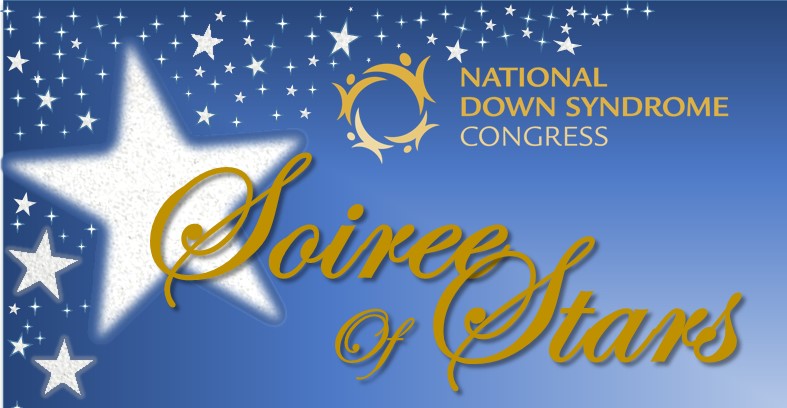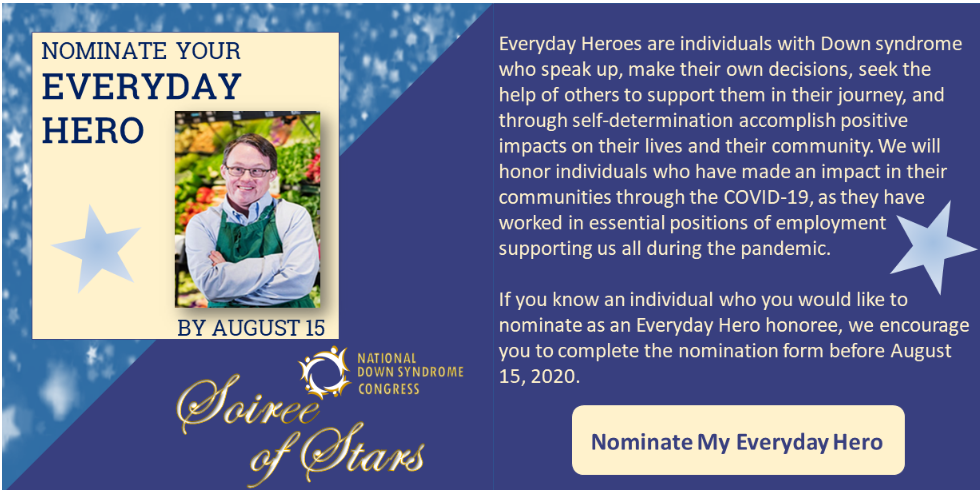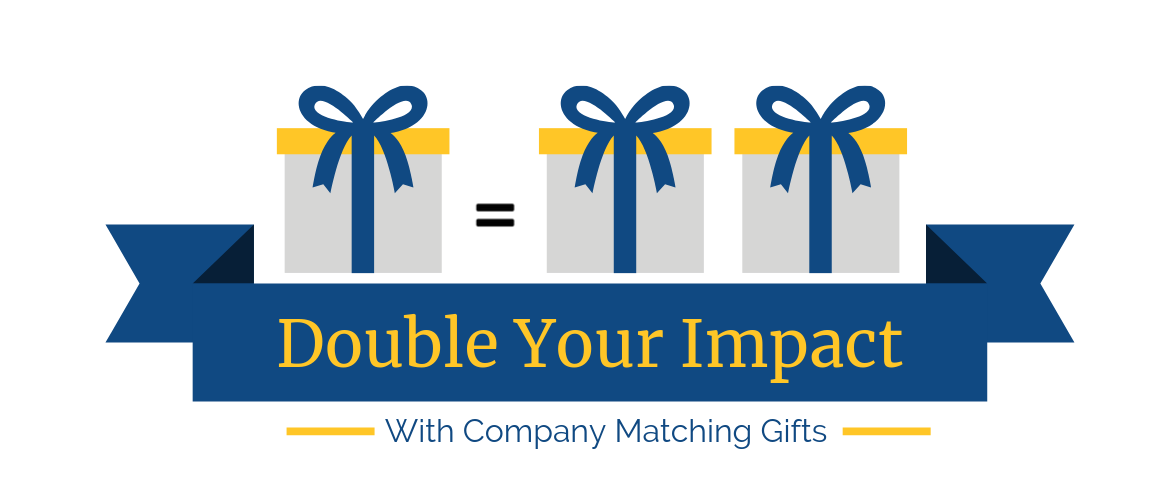NDSC E-News ~ August 2020
Mission Moment
Over the last few months, our staff has been working harder than ever to support your family with the critical information and advocacy you need. Last week, in conjunction with our national partners, we released the third iteration of our Q&A on COVID-19 and Down syndrome in both English and Spanish. We have increased our virtual learning opportunities to prepare parents for uncertain times – most recently, a webinar to help parents navigate back-to-school options without unintentionally voiding their child’s IDEA rights. We are developing more free webinars, as well as a low-cost Fall Learning Series and virtual Educators Conference. Our Policy Team is working hard on COVID-related issues ranging from financial remedies for self-advocates to educational protections for children with IEPs.
and advocacy you need. Last week, in conjunction with our national partners, we released the third iteration of our Q&A on COVID-19 and Down syndrome in both English and Spanish. We have increased our virtual learning opportunities to prepare parents for uncertain times – most recently, a webinar to help parents navigate back-to-school options without unintentionally voiding their child’s IDEA rights. We are developing more free webinars, as well as a low-cost Fall Learning Series and virtual Educators Conference. Our Policy Team is working hard on COVID-related issues ranging from financial remedies for self-advocates to educational protections for children with IEPs.
We remain committed to engaging all members of our community. Nearly 3,000 have participated in our Summer Webinar Series for Spanish Speakers. We have also expanded our online Race Relations Resource Library and have held a second Town Hall, continuing the community-wide conversation on race we began last month.
The work we are doing is essential – families are relying on NDSC more than ever for accurate, up-to-date, and unbiased information to help navigate our changing world. I hope that you’ll support our work however you can – by sharing our social media posts about webinars or critical policy issues or by making a donation if you’re able. Together, we can ensure that we all get through this and that no one gets left behind.
Take care and stay safe,


The NDSC Soiree of Stars Goes Virtual
The NDSC Soiree of Stars Gala will be a night to shine a light on individuals, organizations, and businesses that have made an impact in the Down syndrome community. The evening’s honorees have been chosen in five categories and include:
Dr. Meria Carstarphen – Individual Honoree – Dr. Meria Carstarphen is well-known as an advocate for special education. Under her tenure as Atlanta Public Schools Superintendent, Dr. Carstarphen tackled special education programs in schools with a focus to ensure that students with disabilities were placed in proper curriculum-based programs and provided the support they need to succeed.
Down Country – Nonprofit Honoree – Down Country is part of National Down Syndrome Congress’s local and national affiliate support network. The nonprofit operates as a resource for education and awareness for those with different abilities, not just those with Down syndrome, but anyone that learns “outside of the box.”
Kroger – Corporate Honoree – Kroger has been a longtime supporter of NDSC and the Down syndrome community. Kroger supports individuals with Down syndrome to live independently by offering them employment in the Kroger family of supermarkets across the country.
Kennesaw State University – Organization Honoree – The Academy for Inclusive Learning and Social Growth at Kennesaw State University offers a fully inclusive postsecondary college education and experience to students with different intellectual or developmental abilities. The Academy focuses on independence through an inclusive campus program – encouraging social growth and development through real-life college experiences.
Everyday Heroes – A highlight of the evening will be the announcement of the 2020 Everyday Hero Honorees.
 Proceeds from the Soiree of Stars Gala will fund NDSC programs and resources, including Resource Libraries, the Parent Webinar Series, and Adult Sibling, Family Care, and Self-Advocacy Toolkits. Funds will also support the NDSC Policy Team, who advocates daily at the state and federal levels, Outreach Summits and Education Conferences, for families and educators who serve the Down syndrome community, and print materials for families and affiliate organizations.
Proceeds from the Soiree of Stars Gala will fund NDSC programs and resources, including Resource Libraries, the Parent Webinar Series, and Adult Sibling, Family Care, and Self-Advocacy Toolkits. Funds will also support the NDSC Policy Team, who advocates daily at the state and federal levels, Outreach Summits and Education Conferences, for families and educators who serve the Down syndrome community, and print materials for families and affiliate organizations.
With your support, we will improve all aspects of life for individuals with Down syndrome and create a world with equal rights and opportunities for them.
ANYONE ANYWHERE Can Play in the NDSC Golf Classic!
We are looking forward to hosting the 3rd annual NDSC All Kinds of Heroes Golf Classic on Monday, August 17. If you can’t join us at Bear’s Best – Atlanta, no problem, you can PLAY AT YOUR FAVORITE COURSE! Remote players across the U.S. can now register to play any 18-hole, par 70, or higher golf course, where players have the option to register as a foursome or individual.
Fees for remote play are $40/individual and $125/foursome plus greens fees at the course of your choice. Each registration Includes 1 Fireball per player and 2 Mulligans per player. Players’ scores will be recorded by downloading the Bear’s Best Atlanta app. Registration closes for remote players on August 14, 2020.
Not a golfer? You can still get in on the fun. The players are sure to have a great time on the course, but the real excitement happens when everyone will gather on the course and as we live stream on Facebook for the Fireball Drop. Get your Fireballs now, then watch as we hoist all purchased Fire Balls up the aerial ladder of a fire truck, then drop them to the green below. The ball that lands in the hole first or closest to the hole will win a cash prize
EVERYTHING YOU NEED TO KNOW ABOUT THE NDSC GOLF CLASSIC
Back to School – or Not?
As schools prepare for the upcoming year, amid much uncertainty and anxiety, parents are being asked to make decisions now regarding how their child will participate. Families and school systems alike are faced with many questions about how to navigate the start of the 2020-2021 School Year. Because each family situation and student is different, there is no right answer for everyone. The NDSC Policy Team has compiled a new resource to assist parents in their decision making. It provides clear terminology, outlines the many differences in state and local policies, and identifies the rights your child may be giving up or retaining depending on the type of schooling you choose.
NDSC also hosted a Parent Webinar on the topic that focuses on helping parents understand the legal implications of different options, including in-person learning, digital learning, homeschooling, and homebound/home instruction providing ideas on how to maintain certain IDEA rights while maximizing flexibility.

Sean J. Smith, a professor of Special Education at the University of Kansas and an NDSC Board member, has provided a three-part webinar series designed to help parents and educators make the jump from the classroom to online learning. These sessions focus on ways to prepare for online learning, understanding the online curriculum, and various tips, tools, and techniques to maximize online learning for students with disabilities. Watch any or all of the sessions now!
In Part 1, you will learn about adjusting to online learning in the home setting. Sean helps you prepare your home environment and find balance during this shift to a new normal. This session is the first in a series of webinars, which will also include instructional supports, technology, and online curriculum tips.
In Part 2, Sean focuses on understanding the nature of online learning curriculum, content, and instructional techniques. This session includes tips and strategies to plan for effective instruction and what parents and educators can do to facilitate online learning further.
In Part 3, Sean continues to maximize online learning for students with disabilities. He will help you explore the various tools and techniques parents and educators can use to make accommodations.
How Can We All Do Better?
As an organization and as a community, we believe that it is important to recognize – and take action to change – historic systemic discrimination. We are proud to stand with like-minded individuals and organizations committed to meaningful change.
Our staff is committed to building an organization where everyone feels welcome and continually asks themselves and each other, “How can we all do better?” Staff members are currently participating in an implicit bias training course through Ohio State University, have coordinated and participated in the two NDSC Town Hall Meetings on Race Relations, and are building a Race Relations Resource Library on our website. We have also invited affiliate organizations to join in collaborations through our #CountUsIn initiative.
Our colleagues at The Arc share the following statistics:
- Labor force participation is lower for Black people with disabilities (17.7%) compared to those who are white (21%)
- Black children with disabilities lose more days of instruction from school suspension (121 days/100 students), compared to white students with disabilities (43 days/100 students)
- 25% of Black students with disabilities never graduate high school, compared to 16% of non-Hispanic white students
- The cumulative probability of arrest by age 28 is 55.17 for Black individuals with disabilities, compared to 39.7 for white individuals with disabilities
Access the June 15, NDSC Town Hall Meeting: How Do We All Do Better
Access the July 16, NDSC Town Hall Meeting: Continuing The Conversation
 2/3 2/3 of U.S Corporations Match Employee Donations, Does Your Employer?
2/3 2/3 of U.S Corporations Match Employee Donations, Does Your Employer?
/Did you know that your employer may match a donation that you make to the NDSC? Approximately two-thirds of companies match employee donations as part of a corporate philanthropy program. Not just the big companies, companies of all sizes match donations that their employees make to charitable organizations. When an employee donates, they must request and complete a match form provided by their employer, who then will donate to the same organization.
It is through the support of our sponsors, members, and corporate match programs that we are able to continue to serve individuals with Down syndrome, their families, affiliate organizations, and the medical and educational professionals who have dedicated their lives to the Down syndrome community.
Your Voice Matters: The University of Texas Wants for Hear From You!
Are you a person with a disability, a parent, relative, or caregiver of a person with a disability and over 18 years of age? If so, the University of Texas Health Science Center at Houston is interested in your opinion about what should be included in genetic counseling student’s disability awareness education.
Your feedback will help identify content that should be considered for the standardization of disability awareness curriculum across genetic counseling graduate programs. This will make progress towards ensuring that all future graduates possess the necessary skills to improve the quality of services provided to families and individuals with disabilities.
